By Jack Sterling • Special to The Current
Josiah White and Erskine Hazard spent late 1817 and early 1818 scouting, planning and preparing. Another partner had been brought in, a European named George Fremont Augustus Hauto. Of German and Polish heritage, Hauto boasted of wealthy connections, both in Europe and in America. White was to be the planner and visionary, Hazard the scribe and accountant, as well as machinist and advisor. Hauto was to bring in the investors from among his wealthy connections, but Hauto failed in his task and by 1820 was bought out of the company.
While clearing a channel in the river they operated from the Lausanne Landing Tavern on the Nesquehoning Creek. This was only temporary, though, since for various reasons – mainly financial – they opted for the mouth of the Mauch Chunk Creek as their base. The creek was rocky, narrow and had steep sides, but there was enough room at the estuary for them to gain a foothold.
Work on river improvements continued through 1818, while at the same time a new road from the mines to the river was surveyed by White and Hazard. This road replaced the earlier road and was the first road in America laid out with surveying instruments, giving it a steady and continual descent to the river.
Preparation for winter was also needed, so it was that in late summer, or early fall, construction began and the village of Mauch Chunk was established. The settlement was named for the steep mountain on the east bank of the Lehigh River, which the Leni Lenape Indians had named “Machktschunk” meaning “Bear Mountain”.
As their river crew continued their work, more workers were brought in, mainly employees from White’s wire factory at Philadelphia. Unlike the earlier laborers, these eighteen men were known to, and trusted, by the partners. They came to Mauch Chunk with the intent of establishing the village, and many stayed through the 1820s, and later. Considered the charter citizens of Mauch Chunk, the list included wheelwright James McCrea, mason William Briggs, coppersmith John Wilson, machinist Thomas Taylor, saddler Hezekiah Mitchel, blacksmith Samuel Buzby, teacher John Flood, carpenters William Zane and James Spear, whitewasher Francis Nowlan, and laborers James Lamon, Thomas Ward, John Fulton, James Cameron, James Watt, William Spear, Robert Spear and John Jenkins.
By the 1850s all had moved on, with the exception of McCrea, who remained in Mauch Chunk. With his wife Hannah they added eight children to the population, all born during the 1820s and 1830s. His wheelwright shop, located just above today’s Opera House Square, operated from the 1820s until the 1870s.
These charter citizens were only a start as more laborers were brought in. A large barracks style building was built close to the river, and the area buzzed nonstop with the sound of lumber mills and construction crews. The river side received the first attention, but gradually the creek itself was channeled and its banks cleared and leveled. By the time winter arrived, the village boasted over forty buildings and was well established and ready for the cold.
If the arrival of the workers and the breaking of the ground marked the founding of our town, the following year firmly established the settlement as a true village, not just a work camp. In early 1819 the LC&N Company steward, Nicholas Brink and family, arrived in Mauch Chunk. This was the first family to settle in the village, with the children all under five years of age. Their first lodgings consisted of a house boat on the river, but soon a true family home was ready for them. Attached to their home was a storehouse and bakery It was here that Margaret Brink, a hard-working and courageous woman, spent most of her time preparing the meals for the rough laborers. Few jobs were as important and demanding as hers, for in the first few years she was seeing to the care of several hundred laborers.
Another milestone came on April 21, 1819. On that day the first child was born in the new village, a son of the Brinks. In honor of their employers and town founders, the child was bestowed with the very long name of Josiah White Erskine Hazard George Fremont Augustus Hauto. Between the coming of spring and the birth, the laborers had reason to celebrate, and that they did. It was written that “The forest was illuminated with pine torches, plenty of good old whiskey was drank, and the noise and dancing were so great that it seemed as if the very tops of the pines had caught the infection and kept time with it by waving to and fro.”
Jack Sterling is a local historian and editor of The Chunker, The Mauch Chunk Museum & Cultural Center’s quarterly newsletter.





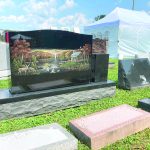
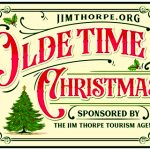

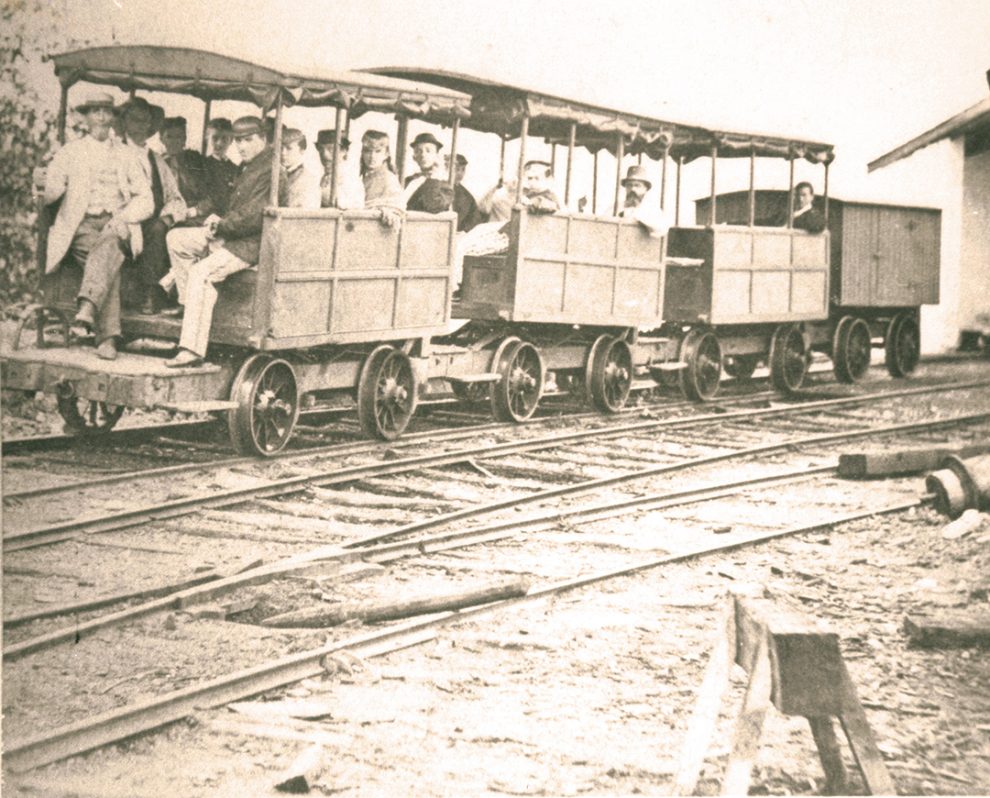


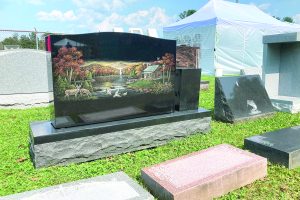
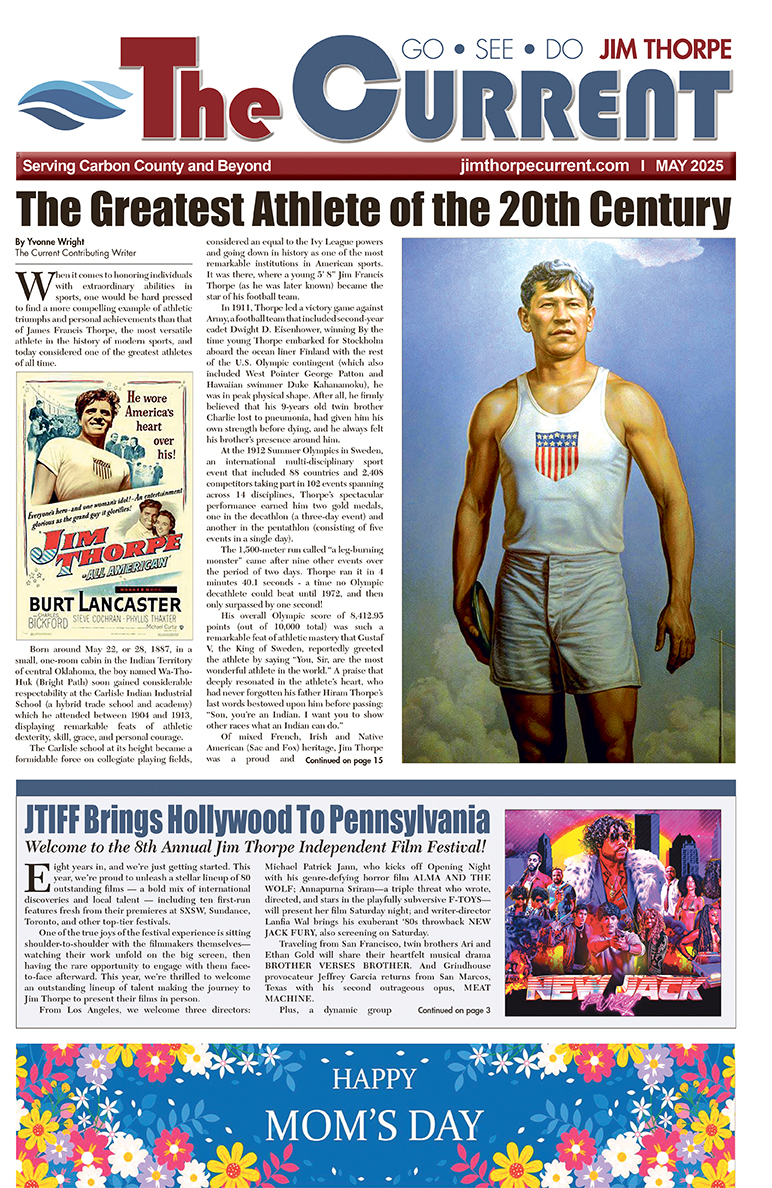
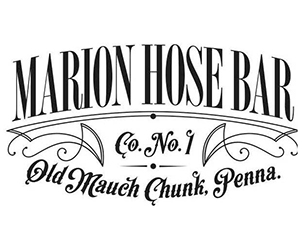
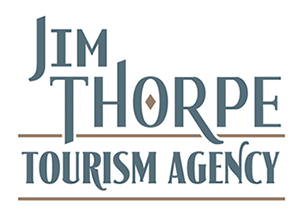
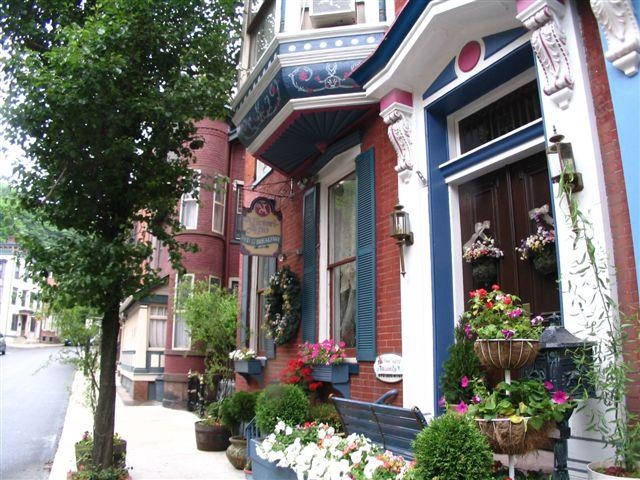











Add Comment